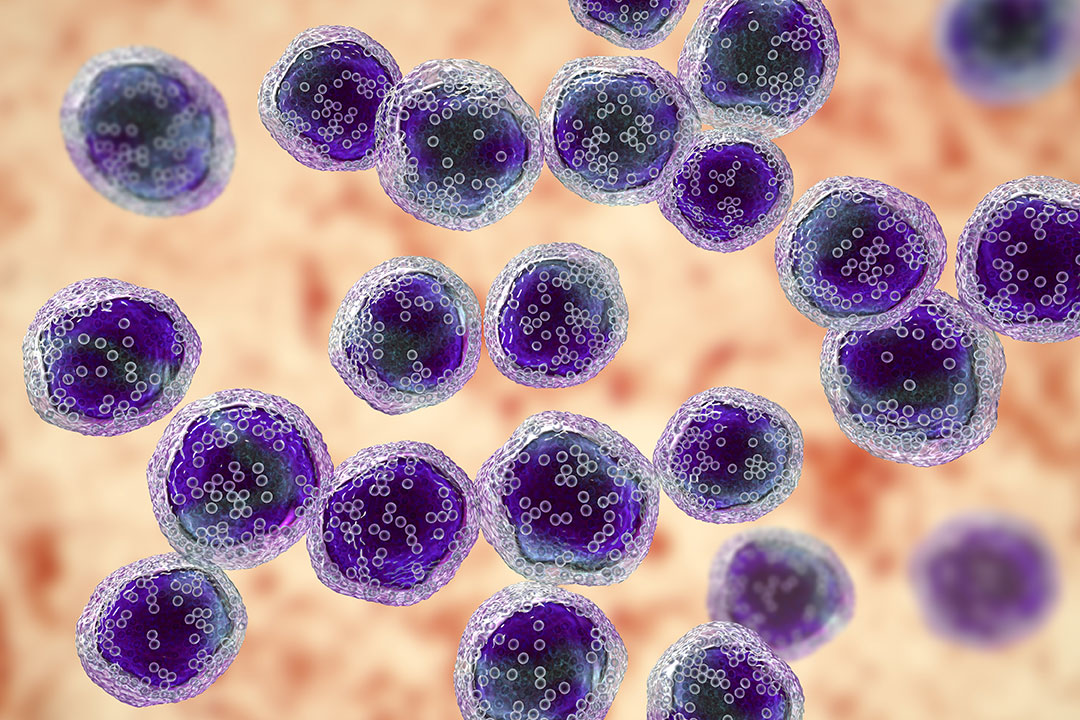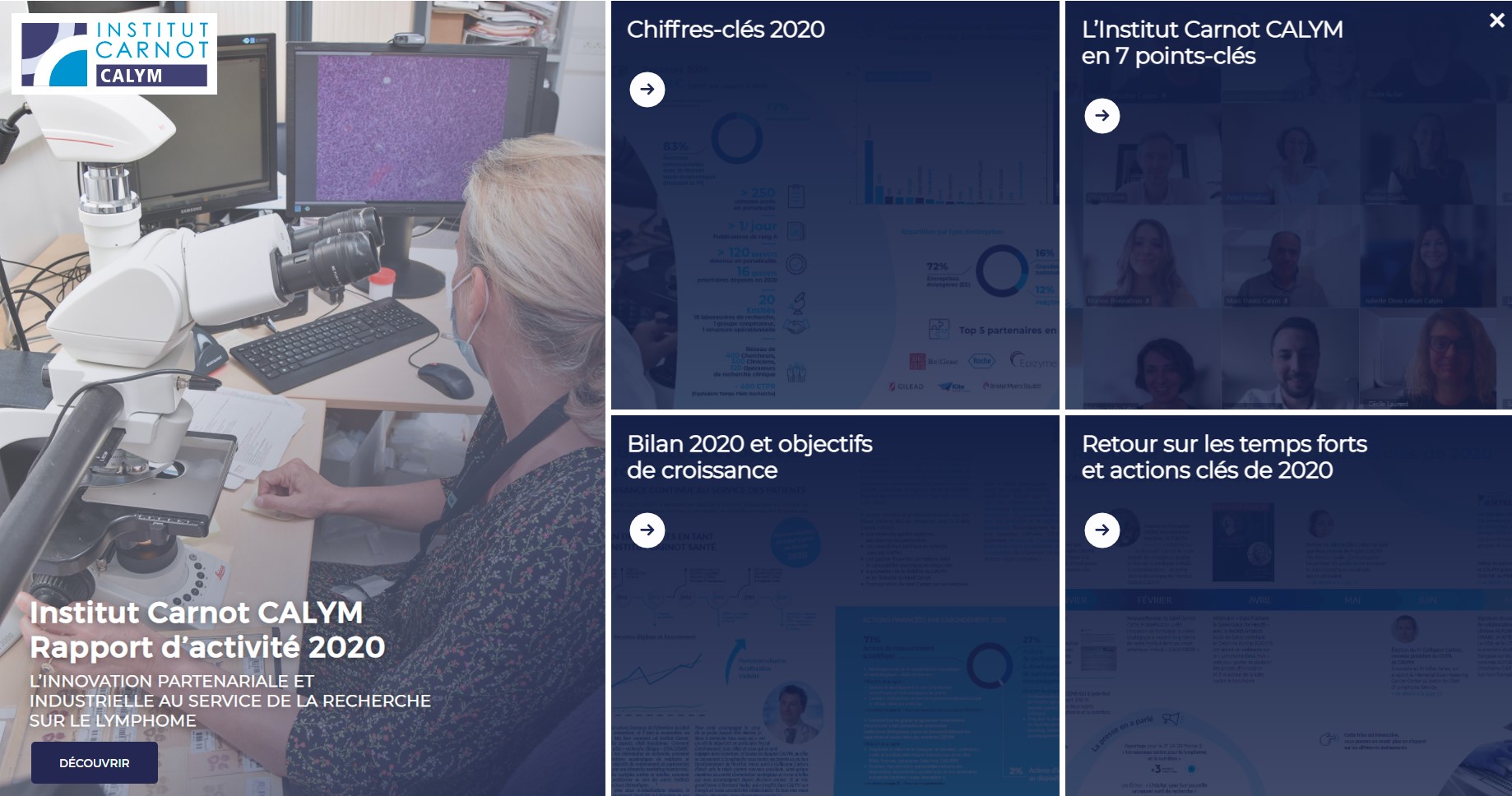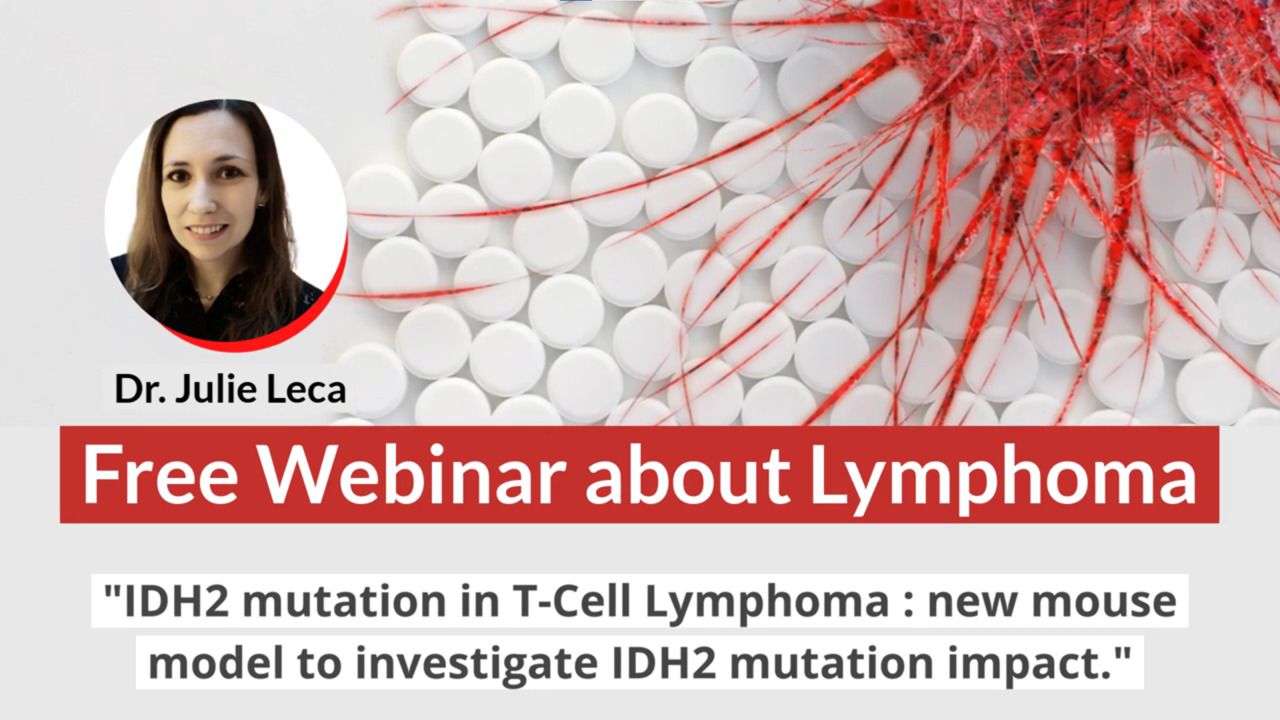ISSUES IN LYMPHOMA RESEARCH
PUBLIC HEALTH ISSUE AND R&D CHALLENGES
Despite undeniable progress in life expectancy and quality of life of treated patients, lymphoma remains a major public health problem and a complex bioclinical field that faces many R&D challenges.
Lymphoma remains the 6th most common cancer and the 1st blood cancer with 2 million patients worldwide and more than 18,000 new cases per year in France, 70,000 in Europe and 80,000 in the United States. It remains a major public health problem, with mortality (refractory patients, relapses) and toxicity (secondary cancers, autoimmunity, neurotoxicity, etc.) remaining high. There are also difficulties in social and/or professional reintegration (persistent asthenia, relapses).
Lymphoma is one of the major challenges of fundamental, translational and clinical research in terms of diagnosis (80 distinct cancers, timeframes, accuracy), prognosis (reducing the toxicity of treatments for low-risk patients, intensifying high-risk treatments) and therapy (new therapeutic targets, new therapeutic combinations, preclinical modeling of treatment effectiveness).
ECONOMIC ISSUES AND STRATEGIC CHALLENGES
CALYM’s R&D offer is positioned in a fast-growing global pharmaceutical and biotechnology market which has been undergoing a strategic shift for several years, accompanied by a strong need for biological, clinical and technological expertise from the academic sector. Oncoimmunology is one of the largest pharmaceutical and biotechnology markets in the world (12% growth) with $150 billion ($9 billion for lymphoma) and a projection of $200-230 billion over 5 years.
The market requires integrated expertise in the care/research network, allowing for biological rationalization of trial design, a reconnection of the discovery-innovation-transfer segments, and an interface of know-how, practices and standards in the academic and industrial spheres.
According to Dr. Florence Broussais, medical director at LYSARC, “The management of lymphoma patients requires a high level of perfectly structured expertise where translational research must be an integral component of the therapeutic act.“
You can find all the details of the CALYM Carnot Institute’s 2020 assessment on our interactive activity report:




